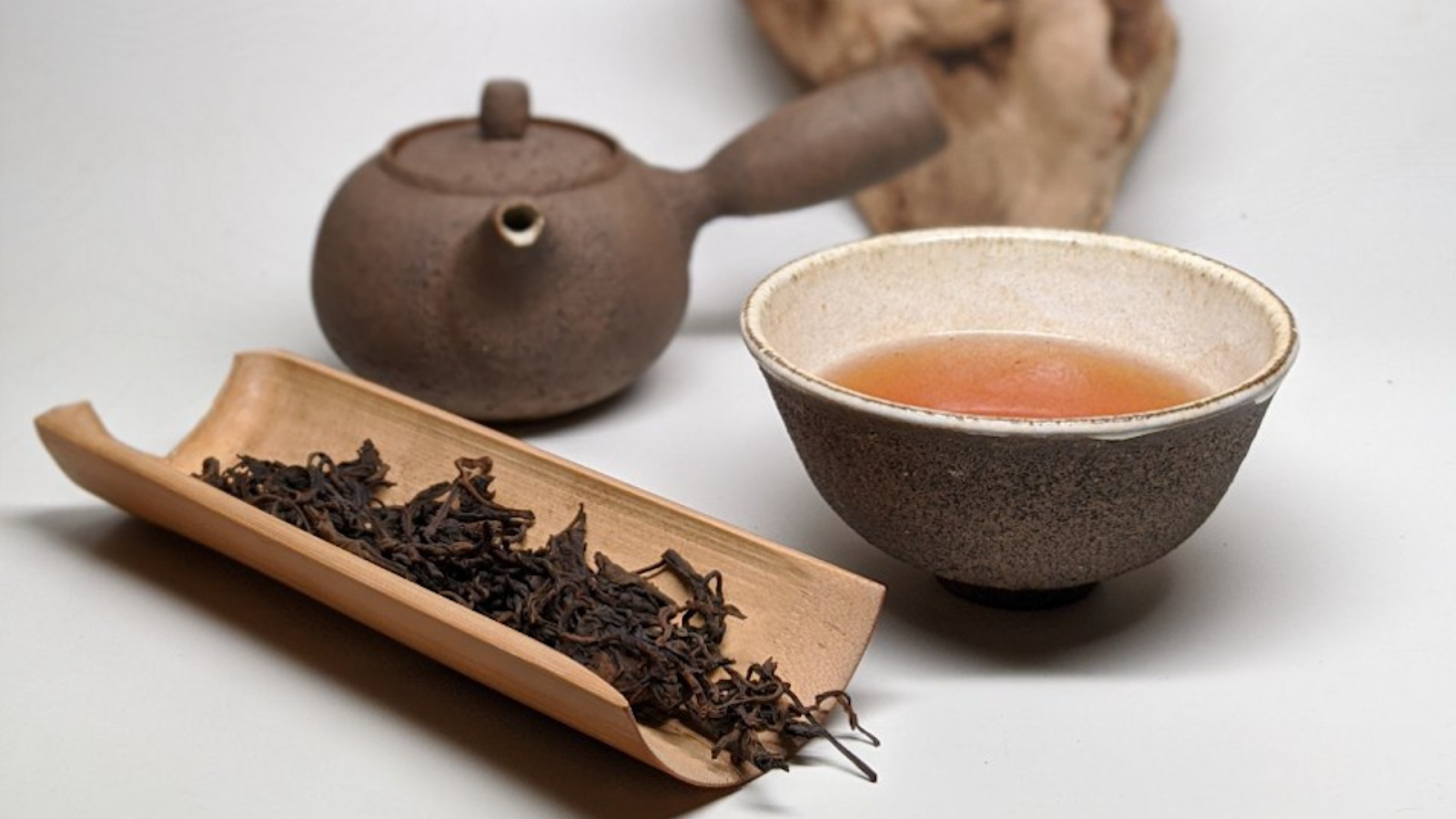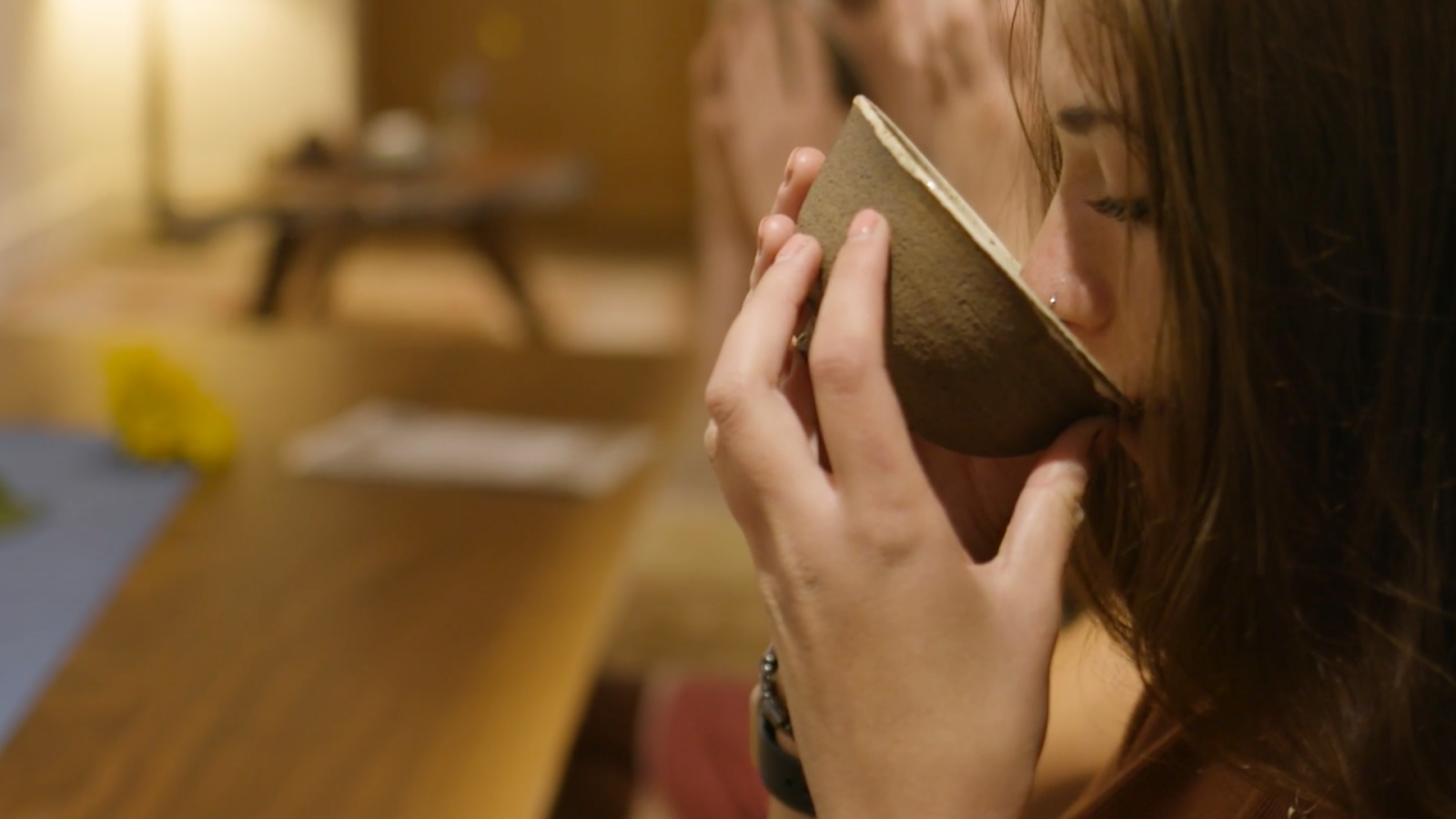Key Takeaways
- Diversity in Flavor and Origin: Black Tea offers an incredible variety of flavors, ranging from Assam's robust and malty notes to Darjeeling's delicate and aromatic qualities. Its rich diversity is a testament to the unique climates and terrains of its regions of origin, each contributing to the distinct character and profile of the tea.
- Brewing Techniques Matter: The preparation of Black Tea plays a crucial role in its final taste and caffeine content. Experimenting with water temperature and steeping time can significantly enhance your tea-drinking experience. Proper brewing unlocks the full potential of Black Tea's flavor and health benefits.
- Versatility in Consumption: Black Tea can be enjoyed in various forms, whether served hot for a traditional experience or cold-brewed for a refreshing summer drink. Its adaptability also extends to personal preferences for strength and flavor enhancements.
Red tea, known as black tea in the West, is fully-oxidized and more caffeinated with bold, bittersweet flavors. Black tea, the most intensively processed tea category, is known for its robust flavor and dark color. Made from the Camellia sinensis plant leaves, it undergoes a full oxidation process before being dried and finished. This oxidation differentiates it from green, white, and oolong teas, giving black tea boldness and depth.
Explore The Timeless World Of Living TeaExperience rich flavors and the journey towards wellness, and join a community valuing every leaf.
Begin your immersive tea experience with Living Tea today! |
The Origins And History Of Black Tea
The history of black tea dates back to ancient China, with its discovery often attributed to the early Ming Dynasty. Initially, tea was consumed as green tea, but the accidental oxidation of some leaves, which led to a different flavor, color, and aroma, paved the way for what we now recognize as black tea. Over centuries, it has traveled and gained popularity across the globe, becoming a staple in many cultures, notably in Britain and South Asia.
Different Types Of Black Teas
Black tea is diverse, with several notable types, each with its unique profile:
- Assam: Grown in the Assam region of India, known for its full-bodied, robust, and malty flavor.
- Darjeeling: Also from India, but with a lighter, musky-sweet character, often called the "Champagne of Teas."
- Ceylon: Hailing from Sri Lanka, Ceylon teas are prized for their bold, rich flavors and citrusy notes.
- Keemun: A Chinese black tea is known for its aromatic, slightly smoky flavor and smooth finish.
- Lapsang Souchong: Distinct for its smoky flavor, this Chinese tea is dried over pine fires.
Best Practices For Brewing Black Tea
Water Quality And Temperature
Use fresh, cold water, preferably filtered, to eliminate any impurities that could affect the tea's taste. The ideal temperature for brewing black tea is between 200°F and 212°F (93°C to 100°C).
Tea Quantity And Steeping Time
A general guideline is to use one teaspoon of tea leaves per 8 ounces of water. Steep time can vary, depending on desired strength. Begin with short steep times, as short as 5-8 seconds, and gradually lengthen the steeping time as you taste the flavors transform.
Loose Leaf vs. Tea Bags
Loose-leaf tea often offers superior quality and depth of flavor compared to tea bags, which may contain smaller pieces of leaves or "dust” not to mention microplastics found in many conventional tea bags.
Teaware
Using the right teaware can enhance your brewing experience. A ceramic or porcelain teapot is recommended for its heat retention properties.

Health Benefits And Uses Of Black Tea
Black tea is not just a stimulating beverage; it's also rich in antioxidants, which can contribute to overall health by fighting free radicals. Regular consumption has been linked to reduced risk of heart disease, improved gut health, and lower cholesterol levels. Additionally, its caffeine content can help enhance alertness and concentration.

Final Thoughts
Black tea offers a world of flavors, traditions, and health benefits. Whether you're a seasoned tea connoisseur or a curious newcomer, exploring the diverse types of black tea can be a rewarding and delicious journey. Remember, the perfect cup of tea is the one that suits your taste best, so don't be afraid to experiment and discover your personal preference.
Dive deeper into the rich world of black tea with Living Tea's curated selection. Our collection is carefully chosen to ensure the highest quality and variety.
Visit us at Living Tea to explore our offerings and start your journey through the art and tradition of tea. Whether you're looking to enhance your daily ritual or find the perfect gift for a tea lover, Living Tea has something special for everyone. Join us in celebrating the timeless tradition of tea drinking and discover your new favorite blend today.
Read also:
- "Tea has forever been a celebration" - Seasonal Tea Club Summer 2023
- Red Tea, Black Tea, or Purple Tea?
- Unlocking The Ancient Secrets Of Pu-Erh Tea: A Journey Through Time And Taste
Frequently Asked Questions
How does the preparation of black tea affect its caffeine content?
The caffeine content in black tea can vary based on several factors, including the tea used, the water temperature, and the steeping time. Generally, hotter water and longer steeping times will extract more caffeine. Using more tea leaves can also increase the caffeine content of your brew.
What is the best way to experiment with black tea flavors?
Experimenting with black tea flavors can be a delightful exploration. Start by trying teas from different regions to experience their unique taste profiles.
Adjusting the steeping time and temperature can also unveil different flavor nuances. Additionally, consider blending teas with herbs, spices, or citrus peels to create personalized flavors.
Can black tea be enjoyed cold or iced?
Absolutely, black tea can be enjoyed cold or iced, offering a refreshing alternative to hot beverages. Cold brewing by steeping tea in cold water for several hours in the refrigerator produces a smoother taste. Alternatively, brewing it hot and then chilling it, perhaps with ice, offers a quicker method.
How long does black tea stay fresh after opening?
When stored properly in a cool, dark place in an airtight container, black tea can remain fresh for up to two years. However, for the best flavor, it's recommended to consume it within six months to one year of opening.
What is the best temperature for brewing black tea?
The ideal water temperature for brewing black tea is between 200°F and 212°F (93°C to 100°C). This range extracts the full flavor and aroma from the leaves, creating a rich and robust brew.
Can adding milk to black tea affect its health benefits?
Adding milk to black tea may slightly alter its health benefits. Some studies suggest that milk can bind with tea's antioxidants, potentially reducing their efficacy.
Are there black teas with lower caffeine content?
Yes, there are black teas with lower caffeine content. The caffeine level can vary depending on the tea's origin, variety, and processing. Teas grown at higher altitudes tend to have lower caffeine levels. Decaffeinated black teas are also available, offering a similar flavor profile with significantly reduced caffeine content.
How should I adjust brewing time for a stronger or weaker black tea?
Increasing the steeping time for a stronger cup of black tea, allowing more tannins and caffeine to be extracted, intensifying the flavor. For a weaker brew, reduce the steeping time. Start with a shorter steep time of 5 to 10 seconds and adjust according to your taste preference.
Can black tea leaves be steeped more than once?
Not only can black tea leaves be steeped more than once, but we also highly recommend it. The quality of the tea leaves plays a significant role in how well they hold up to multiple infusions. Good, quality living teas are meant to be steeped for multiple infusions.

